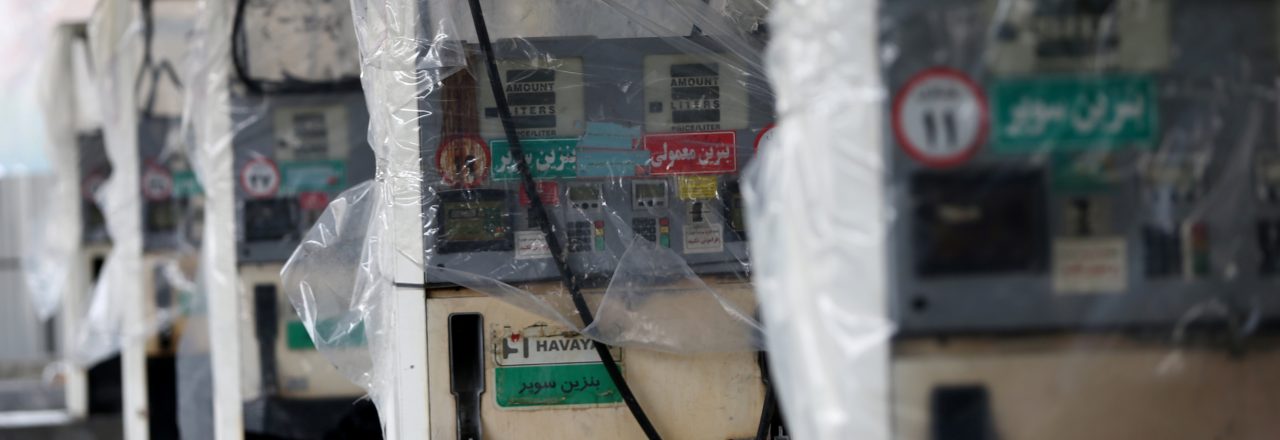
Protests erupt in Iran amid a worsening economic situation
Thousands of Iranians have been protesting in several Iranian cities since 15 November due to the worsening economic conditions. The protests have been met with a severe crackdown by the security forces. Amnesty International denounces that over 100 persons have been killed in 21 different cities since the protests started, although they believe that the real numbers could be much higher. The authorities reported that around 1,000 demonstrators have been arrested. Information is difficult to verify due to the Internet blackout that the regime has imposed all over the country since 16 November. Iranian officials, including President Hassan Rouhani and Ayatollah Ali Khamenei have accused Iran’s enemies, including the US, of “sabotage”. Officials blamed “hooligans” for the violence sparked, including setting fire to dozens of shops and banks and blocking motorways. On 19 November, a judiciary spokesperson declared that the calm had been restored. However, BBC reports that protests are still ongoing although they are being harshly repressed by security forces. The US has condemned the lethal use of force and the EU has asked for restraint and to allow “the free flow of information and access to the internet”. Protests erupted after the government announced a rise in the price of fuel. Iranians now will pay 15,000 rials per litre ($0.12) for the first 60 litres (previously they were paying 10,000 rials) and 30,000 rials ($0.24) for any extra fuel bought each month. Most citizens cannot afford to pay these prices amid a worsening economic situation, aggravated by the sanctions imposed by the US. The rial has plummeted, inflation is over 40% and the economy is contracting quickly. President Hassan Rouhani has defended the measures, affirming that they will help to raise 300 trillion rials ($2.55 billion) per year with which they plan to pay social welfare for around 60 million needy people.
- The Euromed news are edited by the team of the Euro-Mediterranean Policies Department of the European Institute of the Mediterranean -


